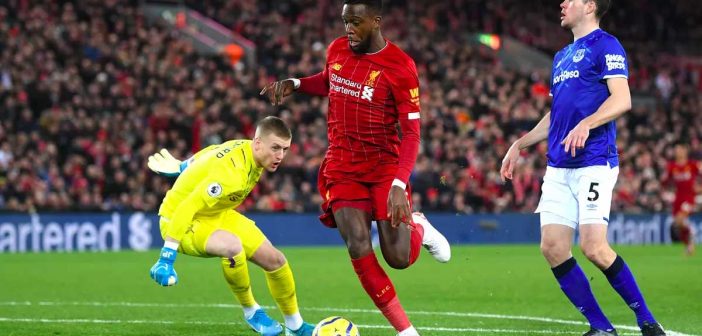Humans have, since time immemorial, possessed the urge to be able to foresee future course of events, and the world of football is yet another microcosm of it. Trying your punting hand at predicting matches and other intricacies related to it? Look no further (other than below, of course).
Eye of the Tiger
It takes a lot of observation to comprehend how football matches work, even before stepping into the world of predictions. Of course, you can find a lot of number previews regarding the match across statistical websites, you can find betting numbers if you exercise sports betting with Karamba; you can also come across a lot of discussion forums across social media websites such as Facebook and Reddit. While you might come across a lot of similar offerings, you have to watch and observe matches and extended highlights on your own. Such online offerings can only aid you with comprehension, but predicting games takes a lot more. What more? Find out below.
Game of Numbers
Being a great punter requires you to have numbers at your fingertips; but before you delve into statistics, here are a few metrics surrounding those numbers.
Team Metrics
- Team records: An integral aspect of comprehending team forms is to carefully observe past records. This comes in handy when you are predicting important home games. It does not take rocket science to understand how Liverpool would perform in a home game, and that should make your predictions easier. On that note, you must have performance records of at least two seasons prior, to further solidify your predicting stances. This not only gives you a valid head-to-head metric, but also makes the overall prediction more reliable. After all, (oftentimes) history repeats itself.
- xG numbers: Expected goals help to understand further intricacies surrounding the game. Sure, one can always predict the outcome of a Manchester City-Cardiff match, but it takes a lot more to understand “by how much?”. Higher xG is indicative of the fact that the team tends to create more chances, and quite obviously, has a greater propensity for scoring goals.
- xGA numbers: Expected goals allowed is yet another metric to test the team—especially its defensive prowess. While a lower xGA is indicative of the fact the team tends to open its defence a lot less, it might also be indicative of a higher predilection for counterattacks.
- xGA-xG comparisons: Sure, you know how these numbers work, but to understand the course of the game, it takes the aforementioned comparison more than an independent variable stance. If both the teams have higher xG, expect a cracker in terms of goals. If there is a certain discrepancy with the xGA, expect the one with lower metrics to have a more counter-attack oriented gameplay.
- Recent form: It is but asinine to bathe in past glories, especially when it comes to predicting matches. While you might be impulsively making calls for United, assuming that their slow downfall is only transient, you might want to hold your horses and check recent form. While this might not be the meticulous method to predict matches, it does give you a supplementary source of valid predictions.
Individual Metrics
Once you have understood how the team performs, you can take it one notch above and make predictions about player performances.
- xG: Sure, a team with higher xG might have higher chances of scoring, but the player with higher numbers of the same metric has more chances of delivering those goals. Watch out for the team’s playmaker, and you might just predict who scores the goals.
- GCA and SCA: Goal and shot creating actions aid your predictions even further. After all, the higher chances a player creates for the team, the more goals they are bound to score. Similarly, the higher goal creating chances the player creates for themselves, either through dribbling or receiving tight passes, or possessions, or otherwise, increases, or at least plays a big role in xG modulations.
To Conclude—Psychological Metrics
While an immeasurable quantity, there is no denying that psychological metrics play a quintessential role in determining the course of the match. If the team units are comparable in terms of abilities and previous performances, the team playing home tends to have a slight psychological edge over the opponent—the degree of which is truly indescribable. After all, words cannot describe the iconic performances that both Liverpool and Juventus put up, despite having their backs on the wall. Football is truly an unpredictable game, but you can be ever so close to foreseeing the course of events, just like we humans aim to.




